Dhaka, Oct 16 (V7N) – Bangladesh is navigating a period of profound uncertainty as the country struggles with ineffective governance, law enforcement lapses, and political leadership deficits. Citizens are increasingly confronting a harsh reality marked by rising crime, political violence, and administrative paralysis. Reports of theft, robbery, snatching, murder, and abductions have surged, leaving the public questioning the presence and effectiveness of the state.
Paralyzed Governance and Citizen Hardship
The interim government, tasked with maintaining neutrality during the election period, stabilizing administration, and ensuring law and order, appears largely inactive. Field-level administration shows signs of helplessness, while law enforcement agencies seem directionless. As a result, citizens are compelled to safeguard their own security, raising fundamental questions about the state’s existence and functionality.
Political Deadlock and Power Struggles
Political parties remain preoccupied with mutual rivalry and power politics. During this critical moment, blame is cast in all directions while calls for national unity and accountability to the public are notably absent. Party interests increasingly overshadow national interests, effectively silencing the voice of the people while political maneuvering continues openly.
Social Insecurity and Ethical Decline
Weak legal structures have fostered disorder, and Bangladesh is witnessing the consequences firsthand. A culture of impunity, administrative apathy, and corruption has plunged society into uncertainty. Citizens face confusion regarding where to seek justice, and the absence of accountability exacerbates social and ethical decay.
Pathways to Resolution
Experts and civic analysts recommend a multi-pronged approach to restore governance and public confidence:
The interim government must immediately activate law enforcement agencies and ensure citizen security.
Political parties should suspend power-centric politics and engage in dialogue based on national unity.
Administration and judiciary must operate impartially and remain accountable.
Media and civil society should be more active in advocating for democracy and the rule of law.
Conclusion
The true strength of the state lies in its citizens. When the population feels unsafe, the state effectively loses its legitimacy. Immediate measures are required to awaken dormant governance structures, hold political actors accountable, and restore law and order. Failure to do so risks plunging Bangladesh into deeper uncertainty, the consequences of which no government can easily remedy.
END/MRS/SMA/



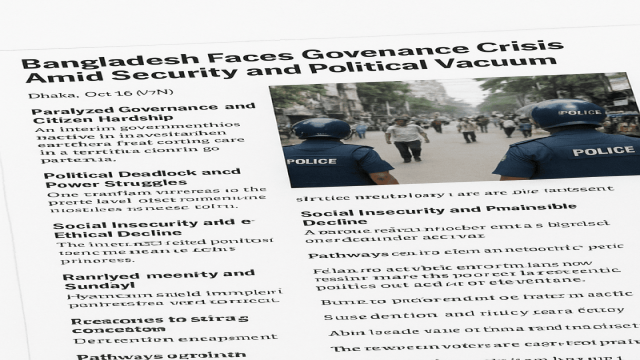
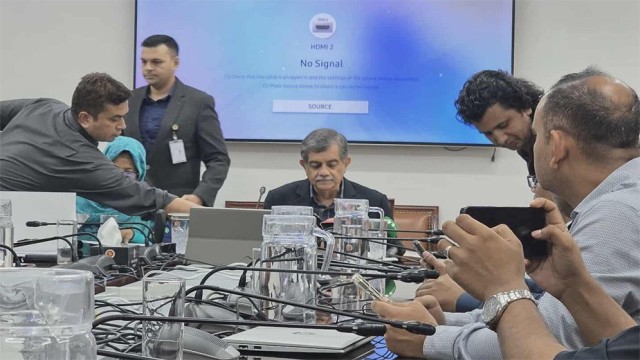
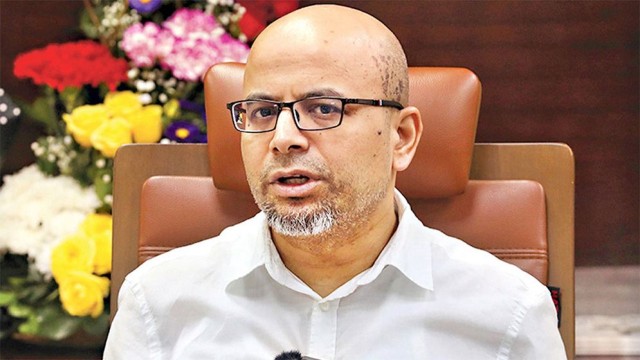
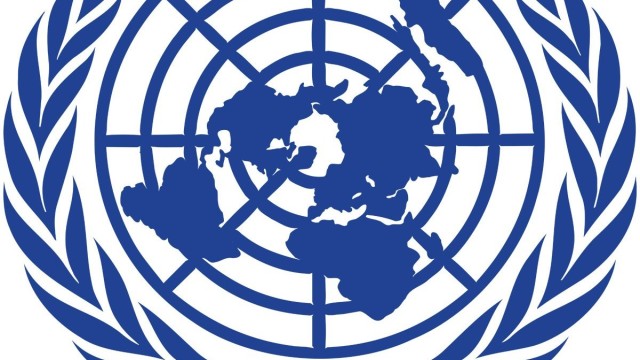
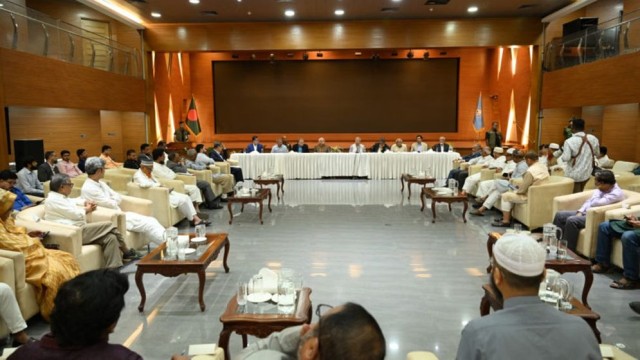
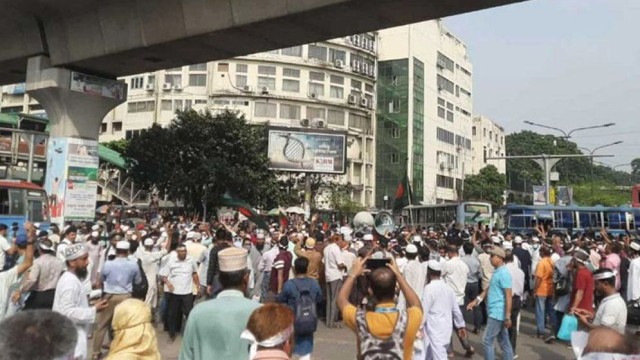
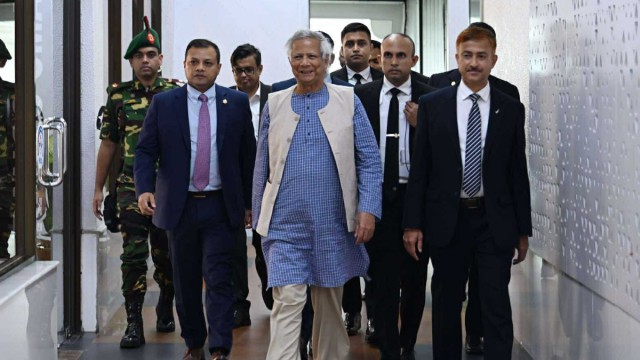
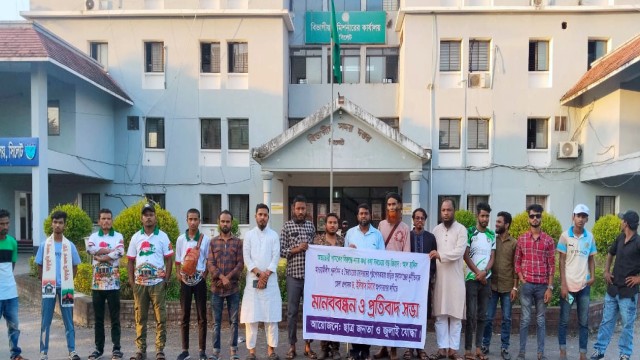
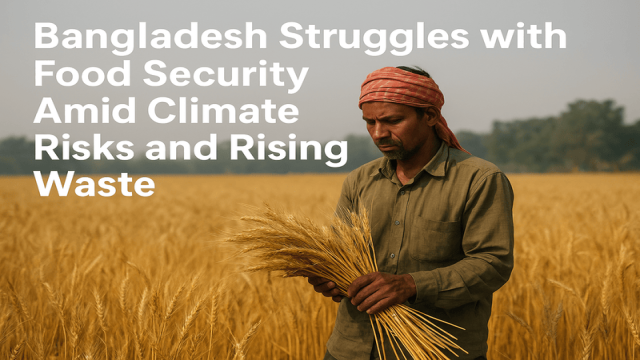


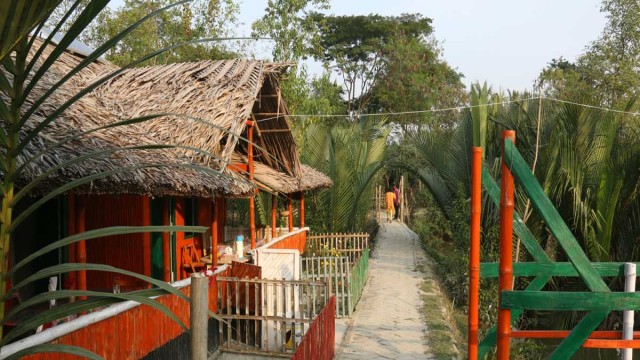
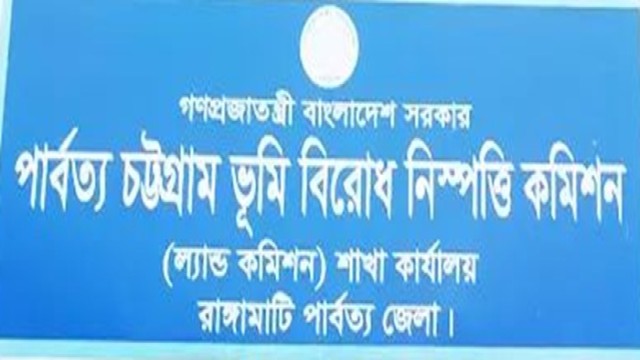
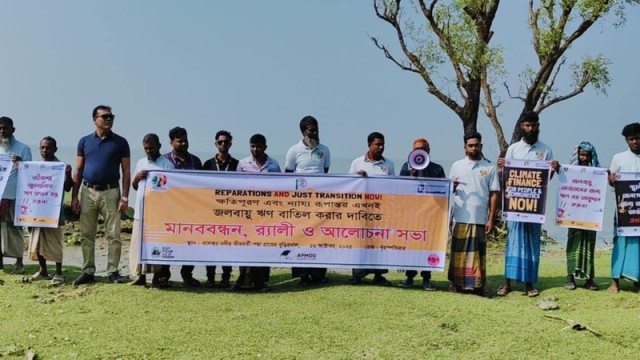
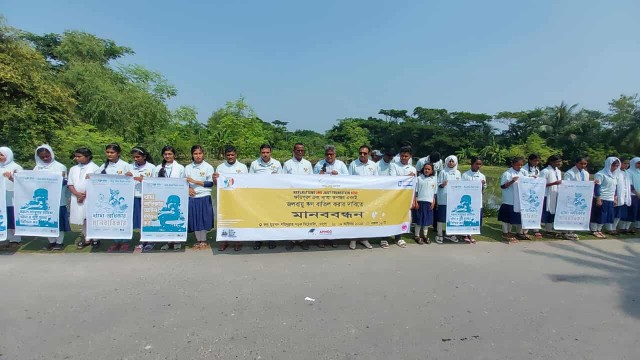


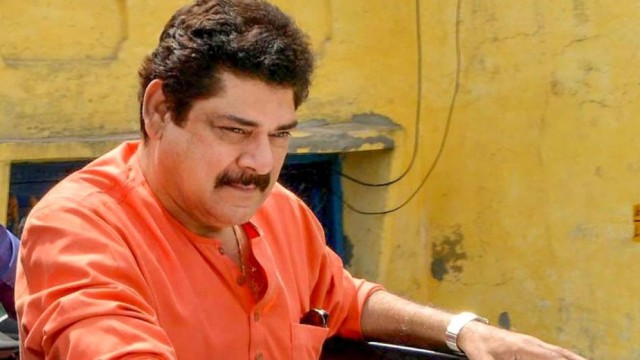
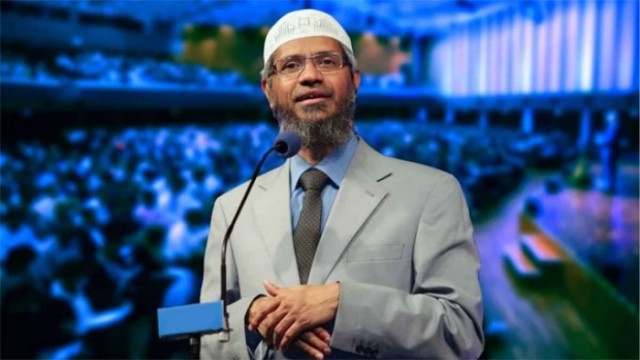
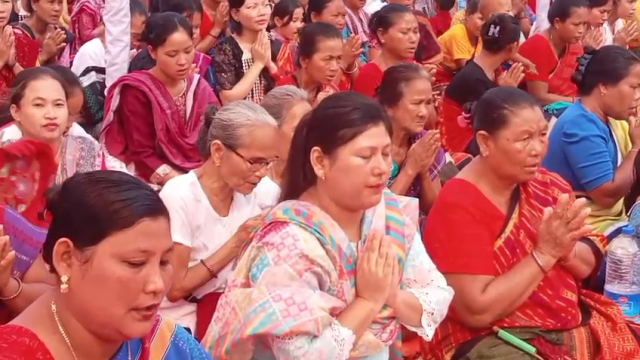
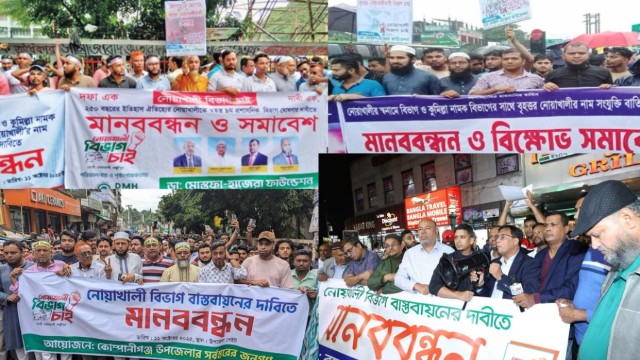

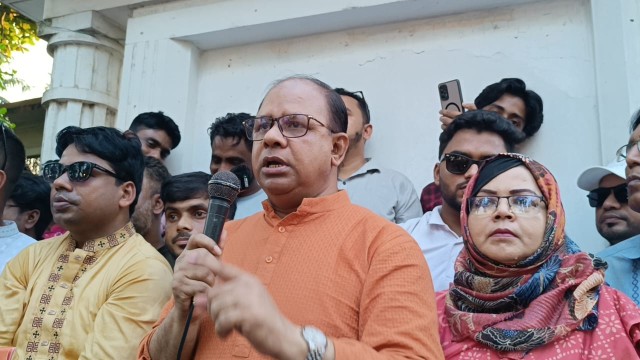
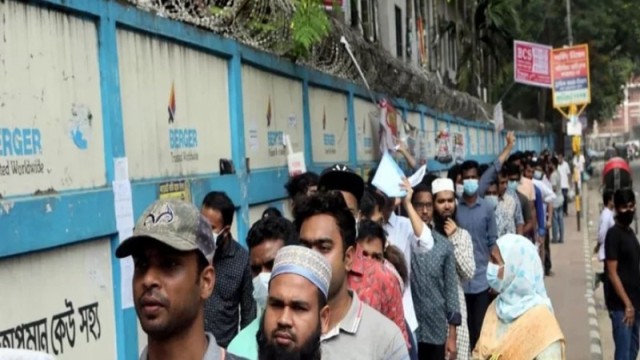
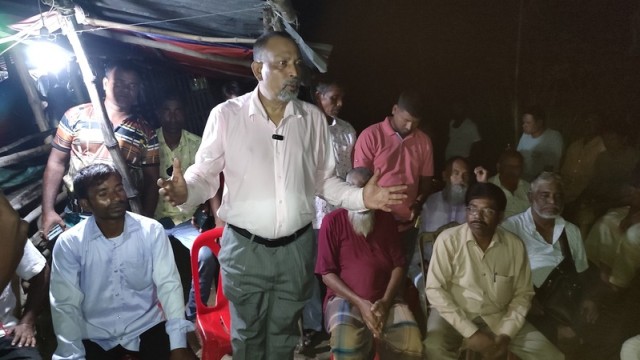
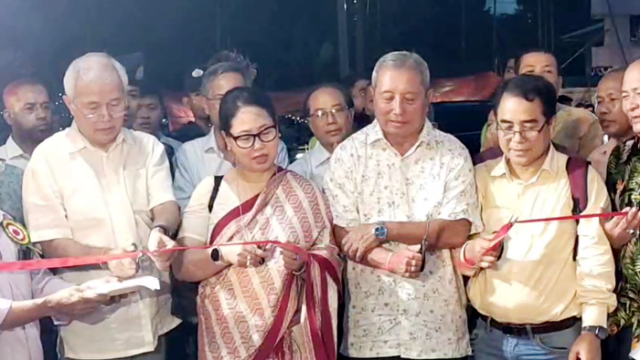

Comment: